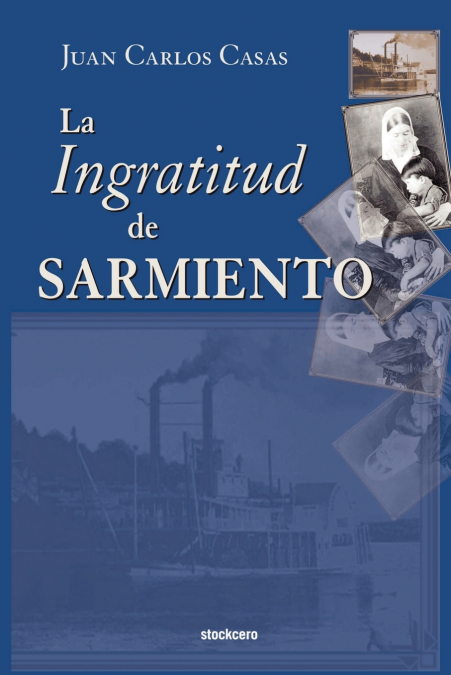
Juan Carlos Casas
One of the best travel books emerged from an Argentine pen is "Travels in Europe, Africa and North America" 1845/1847 "by Domingo Faustino Sarmiento.At the time of leaving for Europe, Algeria and North America, Sarmiento, 34, had already written "Facundo", suffered political exile on two occasions, and had a unique cultural background in the southern republics recently independent from the colonial system Spanish.His Chilean friend Manuel Montt "at that time Minister and later President of Chile" had entrusted him, in the words of Sarmiento himself, "to analyze the institutions that delay or promote their progress." In his "Travels € _" Sarmiento transmits his impressions and carefully describes both his thoughts and anecdotes, descriptions and even the minute details of his expenses "even the" orgies "are accounted for".However, there is a particular detail that ignites the imagination: despite the wasteful record of details and expenses, there is a notorious inconsistency. Sarmiento "does not remember" the name of a certain American lady who helped him with a sum when he found himself penniless in the middle of Pennsylvania. How does the careful and highly educated Sarmiento show himself as forgetful ingrate to his occasional benefactor? Could he be chivalrously concealing the name of a lady whose reputation he might harm? Juan Carlos Casas believes that this concern can only come from the need to keep a love affair hidden, the occasion of which would be during the mysterious information gap that hides the five days of the coach and boat trip to Cincinnati.Casas fills the gap based on the very few data that a reserved Sarmiento slips into his story, while maintaining the rhythm and attractiveness of the themes that attracted the attention of travelers, from the dominant of "slavery", as the Sanjuanino called the slavery, even the ubiquitous sex. Religion, difficult Anglo-American relations; the Mexican war; the Spanish decline and its influence on Latin America; the different social and political evolution on both sides of the mountain range; Rosas, San Martín and Washington; as well as the early North American technological progress, which caused him so much admiration and envy. Sarmiento, through the trip to the United States in 1847 and later his embassy in that country, was the first Argentinean who had the opportunity to know, admire and publicize the enormous progress of the great northern country, in addition to adopting its educational methods.